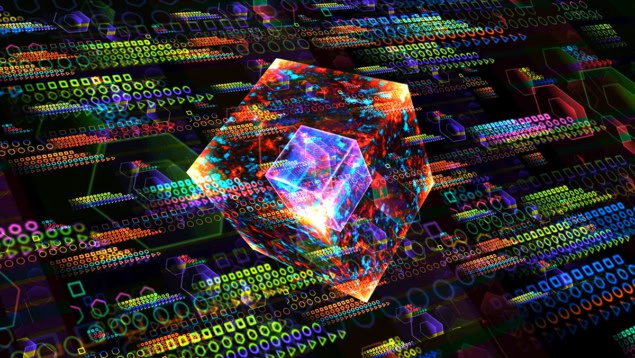This study demonstrates how integrating decoherence-free subspaces with dynamical decoupling enhances quantum state fidelity, offering a practical route to more noise-resilient quantum computing

One of the key challenges in building scalable quantum computers is managing noise during operations in order to improve accuracy. Decoherence, which arises from systematic errors and environmental interactions, disrupts quantum information and limits performance.
Several strategies exist to reduce decoherence. One approach is dynamical decoupling, which averages out noise through carefully timed control pulses. Another is quantum error correction, which detects and corrects faults in a quantum computation. In this study, the authors explore a third approach by leveraging the symmetry of quantum systems to create decoherence-free subspaces. These subspaces isolate quantum information from environmental noise.
The authors investigate how these decoherence-free subspaces can be integrated with existing error protection techniques. They construct a logical qubit within a decoherence-free subspace using a specially designed pulse sequence. When combined with dynamical decoupling, this method improves the fidelity of quantum states by up to 23% compared to physical qubits.
This research presents a practical and effective way to incorporate decoherence-free subspaces into quantum error management, offering a promising path toward more reliable quantum computing.
Read the full article
Dynamically generated decoherence-free subspaces and subsystems on superconducting qubits
Gregory Quiroz et al 2024 Rep. Prog. Phys. 87 097601
Do you want to learn more about this topic?
Quantum algorithms for scientific computing by R Au-Yeung, B Camino, O Rathore and V Kendon (2024)
